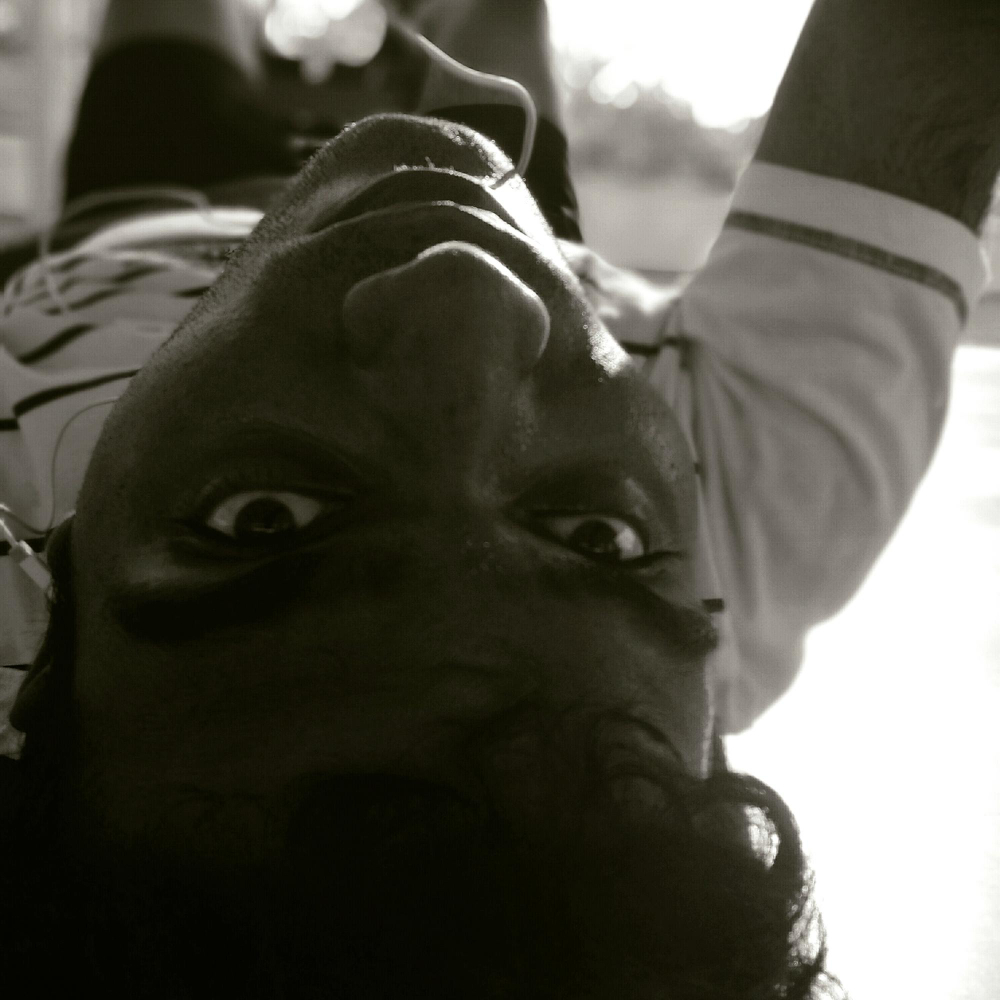- Home
- Close to Home: My First Test as a Suicide First Aider
I had recently finished my training to become a suicide first aider, a role that both intimidated and scared me. The thought of being someone’s lifeline was daunting—what would I say, and how could I ensure I wouldn’t sound insensitive? I tucked these worries away, hoping to confront them later.
Life proceeded normally until a distressing call came. It was from my cousin, asking if I could look after his daughter for a few days. He didn’t elaborate much, just mentioned that she was unhappy with her living situation and didn’t want to return home. I reached out to her, but our calls kept missing each other until she finally explained her distress the next day. At first, it seemed to me like typical family squabbles that could be resolved. Her father was abroad and due back in a month, so I suggested she wait it out, and I would then help her find a hostel to live in until she completes her degree. Talking to her about her future would help her focus on other things. In my mind, I felt that having a positive outlook about her future would help her take her mind off the issues at home. She agreed to all of it, but then proposed renting a place for her in the meantime, I thought was unnecessary and costly for just a month and so I declined to do so. I spoke to her one more time and suggested she returns back home to which she pleaded, “Please don’t make me go back there!”. I said to her, “I am not making you do anything; I am just suggesting you wait a little while at home.” She didn’t agree with me and said she’ll just stay with a friend until her father returns. I thought it was settled
A few days later, she contacted my children, asking if she could stay with us. I hesitated; during her previous stay with us, I had grown close to her, acting almost as a mother figure, but balancing that with my own children was emotionally taxing. I thought she understood when it was time for her to go back home. We stayed in touch, sharing meals and chatting about life. She always said she preferred staying low-key, a statement I never fully grasped the gravity of until it was too late.
Then came the shocking news from her father, wrapped in a late-night message that she had passed. “She’s gone,” it read. In my confusion, I thought she had just left somewhere. The next morning, her father clarified she had taken her own life. The news devastated me. I felt a deep, confusing mix of shock, guilt, and sorrow. What could I have said to her father? “I’m sorry” seemed so insufficient.
I broke the news to my children. The revelation shattered them; they had been close, sharing countless moments together. In our grief, we gathered photos and memories, pouring over them late into the night, remembering her. The funeral was a blur of tears and whispered regrets. Why did this happen? Could I have prevented it? Was the course I had done any good, because I couldn’t see what was happening? The questions haunted me.
This heartbreaking experience was my first real test as a suicide first aider, and it hit painfully close to home. It taught me the profound impact of truly listening and being present for someone in pain. My niece’s departure was a harsh lesson in the realities of mental struggles, and it reinforced the importance of cherishing every moment with loved ones. Despite the tragedy, I learned to navigate the painful “what ifs” and to accept the harsh reality of death, holding onto the love and lessons she left behind.


